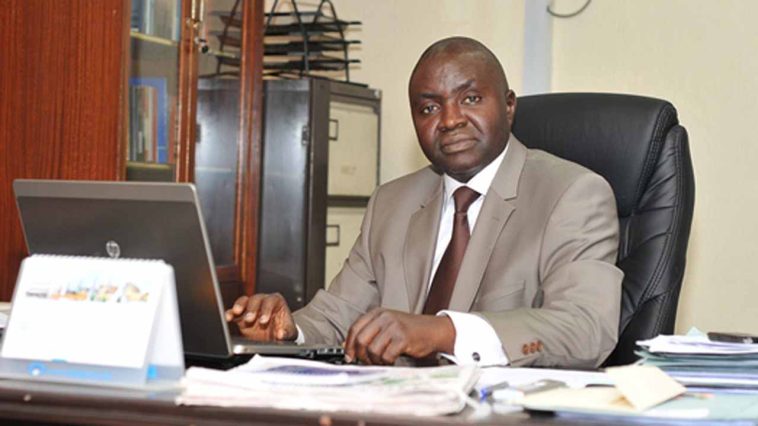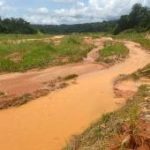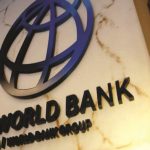The Centre for the Promotion of Private Enterprises (CPPE) has highlighted factors that will improve the country’s foreign exchange rate regime in the coming year.
The founder of CPPE, Dr. Muda Yusuf, listed the factors in the center’s “Nigeria 2024 Economic Review and 2025 Outlook Report” released on Monday in Lagos.
He noted that the exchange rate had largely stabilized between July and December this year, driven by the series of regulatory reforms and the periodic intervention by the Central Bank of Nigeria (CBN) in the market.
According to him, based on sustained improvement in foreign reserves which is currently in excess of $40 billion dollars, the outlook for the exchange rate in 2025 is positive.
He added that the rate would be stable, hinged on improvement in accretion to reserves on the back of improved inflows from the IMTOs and diaspora remittances.
Other factors Yusuf said the improved capacity of the CBN to moderate rate volatility through periodic intervention would improve the market alongside the positive impact of the $2 billion Euro Bond proceeds on reserves.
“Other dynamics to improve the country’s foreign exchange rate in 2025 include the successful domestic dollar bond of $500 million, clearance of legacy obligations of about $7 billion by the CBN.
“Also, the import substitution effect of the Dangote and Port Harcourt refineries will consequently ease off demand pressure on the foreign market and the gradual recovery of non-oil export sector,” he said.
GDP growth Yusuf added that Nigeria’s Gross Domestic Product (GDP) is also on track to grow by 3.6% at the end of 2024, having recorded steady growth in the first three quarters of the year.
While observing that the Nigerian economy has exhibited resilience on account of GDP performance, in spite of intense macroeconomic headwinds in 2024, Yusuf noted that the GDP grew at 2.98% in the first quarter, 3.19% in the second quarter, and 3.46% in the third quarter, which makes a 3.6% growth plausible at the end of the year.According to him, this is at par with forecasts for GDP growth for sub-Sahara Africa and better than the global GDP forecast of 3.2%.On sectoral performances in the year, Yusuf noted that while the service sector continued to dominate growth performance, that of the real sector remained subdued.He explained that the implication was that sectors with high job creation potential and prospects for economic inclusion struggled.“This situation needs to be reversed to fix the current high unemployment and reduce poverty.
“The huge disparities in the growth of financial services and the rest of the economy showed a disconnect and exemplified the failure of financial intermediation role of the financial services sector in the Nigerian economy.
“There is a need for appropriate policy measures to correct the huge disparity in the profitability of the real economy and the financial economy,” he said.
Oil and non-oil sector performance The CPPE boss, reviewing the oil and non-oil sectors’ performances, said from a structural perspective, the non-oil sector continued to dominate the economic space, contributing 94.43% to GDP in Q3.
He, however, noted that the economy was characterized by a paradox of the oil sector contributing an estimated 90% of foreign exchange earnings while the non-oil sector accounted for about 10%.This, Yusuf said, was another dimension of a structural shortcoming in the economy that needed to be addressed.What you should know In Q3 2024, Nigeria’s GDP grew by 3.46% year-on-year in real terms, a notable increase from the 2.54% growth recorded in the corresponding period of 2023 and an improvement from the 3.19% growth observed in the second quarter of 2024.
The growth in Q3 2024 was primarily driven by the Services sector, which expanded by 5.19% and accounted for 53.58% of the aggregate GDP.
Samson Akintaro Samson Akintaro is a tech enthusiast and has over a decade experience covering and writing about the tech industry. He is currently the Tech Analyst at Nairametrics.





GIPHY App Key not set. Please check settings